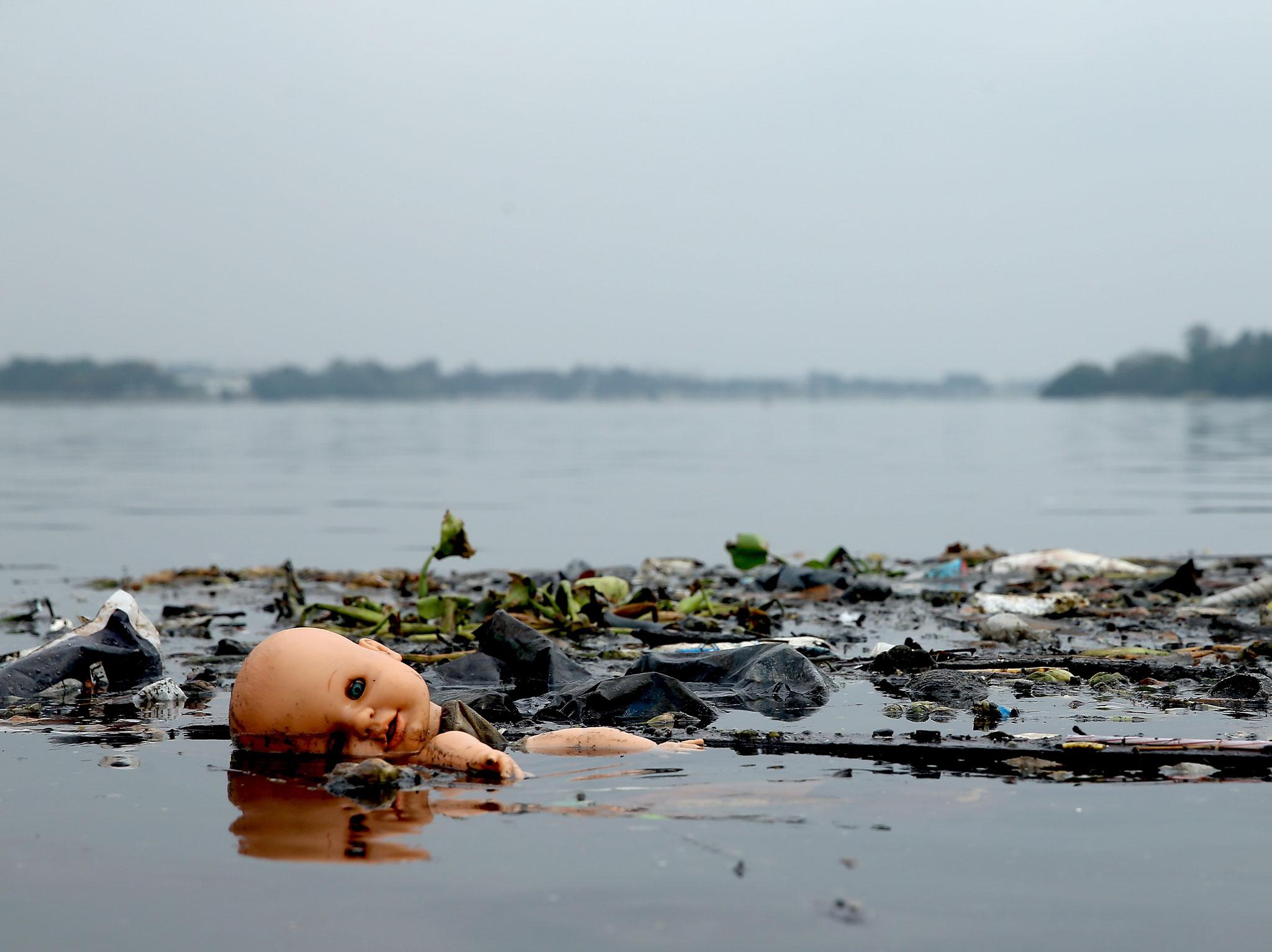Rio 2016: Athletes warned to keep mouths closed when swimming in faeces-infested water
All efforts by the government to clean the Rio waters seem to have failed

Your support helps us to tell the story
From reproductive rights to climate change to Big Tech, The Independent is on the ground when the story is developing. Whether it's investigating the financials of Elon Musk's pro-Trump PAC or producing our latest documentary, 'The A Word', which shines a light on the American women fighting for reproductive rights, we know how important it is to parse out the facts from the messaging.
At such a critical moment in US history, we need reporters on the ground. Your donation allows us to keep sending journalists to speak to both sides of the story.
The Independent is trusted by Americans across the entire political spectrum. And unlike many other quality news outlets, we choose not to lock Americans out of our reporting and analysis with paywalls. We believe quality journalism should be available to everyone, paid for by those who can afford it.
Your support makes all the difference.Athletes competing in the 2016 Olympic Games in Brazil have been warned by doctors, engineers, and scientists to keep their mouths shut while participating in activities in the water.
Researchers found that many of the beaches in Rio de Janeiro have been long contaminated with raw sewage, household garbage, and even dead bodies, creating hazardous swimming conditions for the 500,000 people expected to descend on the city in August.
“Foreign athletes will literally be swimming in human crap, and they risk getting sick from all those microorganisms,” Rio paediatrician Dr Daniel Becker told the New York Times. “It’s sad but also worrisome.”
The Brazilian government had promised to clean the pathogen-infested Guanabara Bay in 2014, but those efforts failed.
Stelberto Soares, a municipal engineer who has worked on Rio sanitation issues for decades, said that the government’s efforts to clean the waters were superficial at best.
“They can try to block big items like sofas and dead bodies, but these rivers are pure sludge,” he said, “so the bacteria and viruses are going to just pass through.”
“We just have to keep our mouths closed,” said 24-year-old Afrodite Zegers of the Dutch sailing team – one of the 10,000 athletes from 205 countries competing in Brazil.
Scientists and researchers found a wide array of disease-causing viruses and bacteria that can cause ailments such as diarrhea, vomiting, and death in people will poor immune systems.
The International Olympic Committee maintained that the waters where athletes will compete meet World Health Organisation safety standards.
The Games will get underway amid a tumultuous time for the South American country. It is the veritable epicentre of the Zika virus global health crisis, higher crime, a massive police strike, and impeachment proceedings for former president Dilma Rousseff.
However, despite the political crises in the country, public health advocates feel the Olympics have helped bring the issues of sanitation to the attention of the international community.
“Our biggest plague, our biggest environmental problem, is basic sanitation,” said Rio de Janeiro environment official Andrea Correa said. “The Olympics has woken people up to the problem."
Join our commenting forum
Join thought-provoking conversations, follow other Independent readers and see their replies
Comments